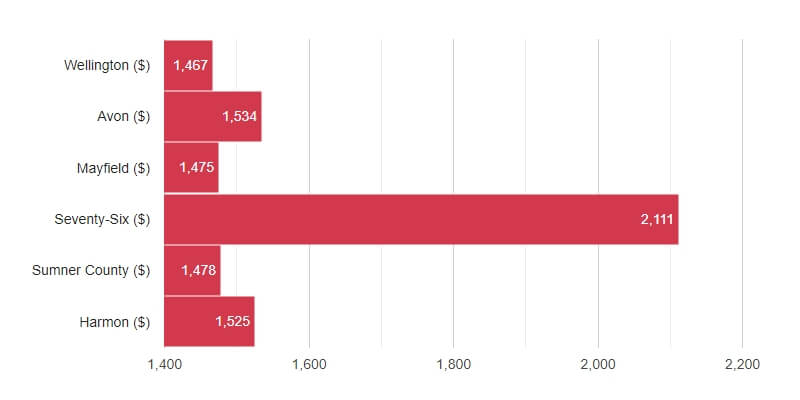
When traveling, it is essential to have adequate health insurance. Not only does this guarantee your financial security while abroad, but it also provides the option to cancel your policy prior to its effective date. You can also request a refund for any premium paid that was not used while you are abroad. Health care in the US is very expensive, and it can be difficult to afford treatment in an emergency. Without insurance, you'll have to cover your costs on your own. This can be costly.
Benefits
A great way to lower the cost of medical care while traveling abroad is through travel insurance. Medicare doesn't cover medical expenses in the United States. This can cause financial hardship for your family. Many travel health insurance policies also cover emergency medical expenses. To be sure you're covered, it's important to speak with your insurance provider well in advance.

Even if you're only going to be traveling for a short time, health insurance travel coverage can help. Travel insurance provides coverage for medical emergencies and routine checksups that you would otherwise need to pay out-of-pocket and file a claim with your insurance provider. This is particularly helpful if your destination has no access to local medical care.
Costs
Travel medical insurance is essential for those who travel frequently. You should purchase your policy at least six months before you need it. A basic low-benefit frequent traveler health policy might cost $100 a year for a single person, but a more generous plan may cost up to twice that for a year. Although frequent travelers policies can be used for short-term trips, they may not work well for long-term business trips.
Types
When traveling abroad, travelers should think about purchasing travel insurance. This policy can provide coverage for medical expenses in foreign countries and even cover evacuation. There are limits and deductibles. For this reason, it is advisable to check the specific requirements of your domestic insurance plan before purchasing travel health insurance. There are many options for travel health insurance. You can choose which plan best suits your needs and budget.
Pre-existing conditions covered
There are many options available when it comes down to choosing a comprehensive travel insurance plan that covers preexisting conditions. The insurer will determine if a pre-existing condition waiver is available, but most will cover common chronic diseases. This includes diabetes, heart disease, and depression. Check to make sure your plan covers drug addictions. While pregnancy isn't usually considered a preexisting condition, some plans won't cover it if it is a normal birth.

Pre-existing medical conditions are those that have an ongoing medical condition or dental condition. You must have had it before you bought the policy. You may be subject to a condition that has developed after purchasing the policy. It is important to review the terms and conditions.